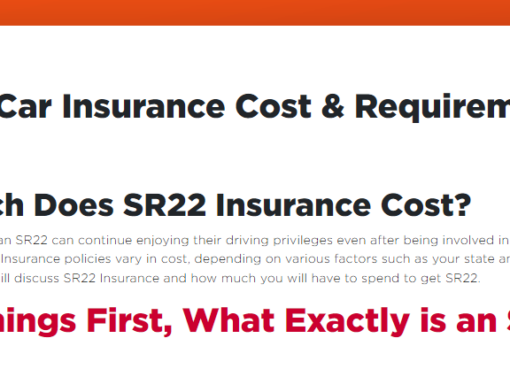As we know, adopting a cat or a dog is expensive … This is why, in recent years, new insurance products have appeared on the market to protect our pets.
Have you ever wondered how it works, how much it costs, and if it’s worth it? Here is some information on the subject.
What does protection consist of?
Pet insurance reimburses part of the costs if your cat or dog falls ill or has an accident. It is therefore the equivalent of the health insurance policy to which you already subscribe for the other members of the family. Like any other insurance policy, there is usually a deductible to pay on claims, and this increases with age.
Policies are on an annual basis, renewable each year depending on the age and health of the animal. Depending on the policies, they can cover only treatment due to illness or accident, or even dental care, routine consultations, and even preventive actions such as vaccinations.
Most of the time, pet owners must first pay the bill at the veterinarian and then have a compensation form filled out and signed. If the application is approved, pet owners then receive a check to reimburse a portion of the costs incurred.
What are the costs?
Most insurers offer different levels of protection, at different costs. The basic level will instead cover costs related to illnesses and emergencies, while the more comprehensive (and more expensive) plans may offer preventive care but also sometimes even alternative therapies (such as chiropractic, physiotherapy, and acupuncture for animals) as well as behavioral therapies.
For minimum protection, monthly pricing starts around $13 per month for cats and $16 per month for dogs. The bill can mount quickly, however: the average would rather be between $30 and $50 per month, and the upper limit can easily reach $100 or even more.
From what age (and until what age) can one take out an insurance policy for animals?
In general, cats and dogs are eligible as soon as you adopt them, which is around 8 weeks old.
Some insurance policies have an age limit for animals, however, like humans of course, the older they get, the more likely they are to get sick. What is certain is that the older the animal, the more expensive the insurance will be / the more exclusions there will be.
Where to shop for pet insurance?
A few traditional insurance companies, for example, Desjardins, HBC, and The Personal (group insurance) offer plans for dogs and cats.
There are also companies that specialize in this type of policy and offer their services in Quebec, for example:
Petsecure
Trupanion
Pets Plus Us
Health Claw
Each company offers insurance plans with particularities: coverage is sometimes 80% and sometimes 90% of the costs incurred, etc.
Is it really necessary?
In Canada, only 1% of pet owners currently have this type of policy. But it must be said that in other countries, these insurances are much more widespread: 23% of cats and dogs are insured in the United Kingdom for example, and 43% in Sweden!
The answer to this question probably lies in a gray area: in truth, no insurance is really essential… It’s always a question of looking at the pros and cons, but also of properly assessing the risks.
Most pets will have health issues or “emergencies” during their lifetime and the bill can add up quickly! Surgery alone can cost $4,000 or even more. It is certain that if that happens, it will make a huge hole in the budget… The sad reality is that each year, many animals who have a treatable health problem are nevertheless euthanized simply because their masters are not able to pay for this treatment.
Here is an example calculation:
A dog insured from an early age at the cost of $35 per month, gives $420 per year.
After 12 years, we are therefore talking about $5,040 paid out for pet insurance. At this price, it is basic insurance, so it does not necessarily reimburse routine, preventive, or alternative costs.
If the dog develops a serious illness or has an accident, these costs will probably be reimbursed. But if the animal maintains fairly good health, the insurance will not necessarily have paid off.
However, what we buy with insurance is above all peace of mind… So each pet owner must think about the question!




